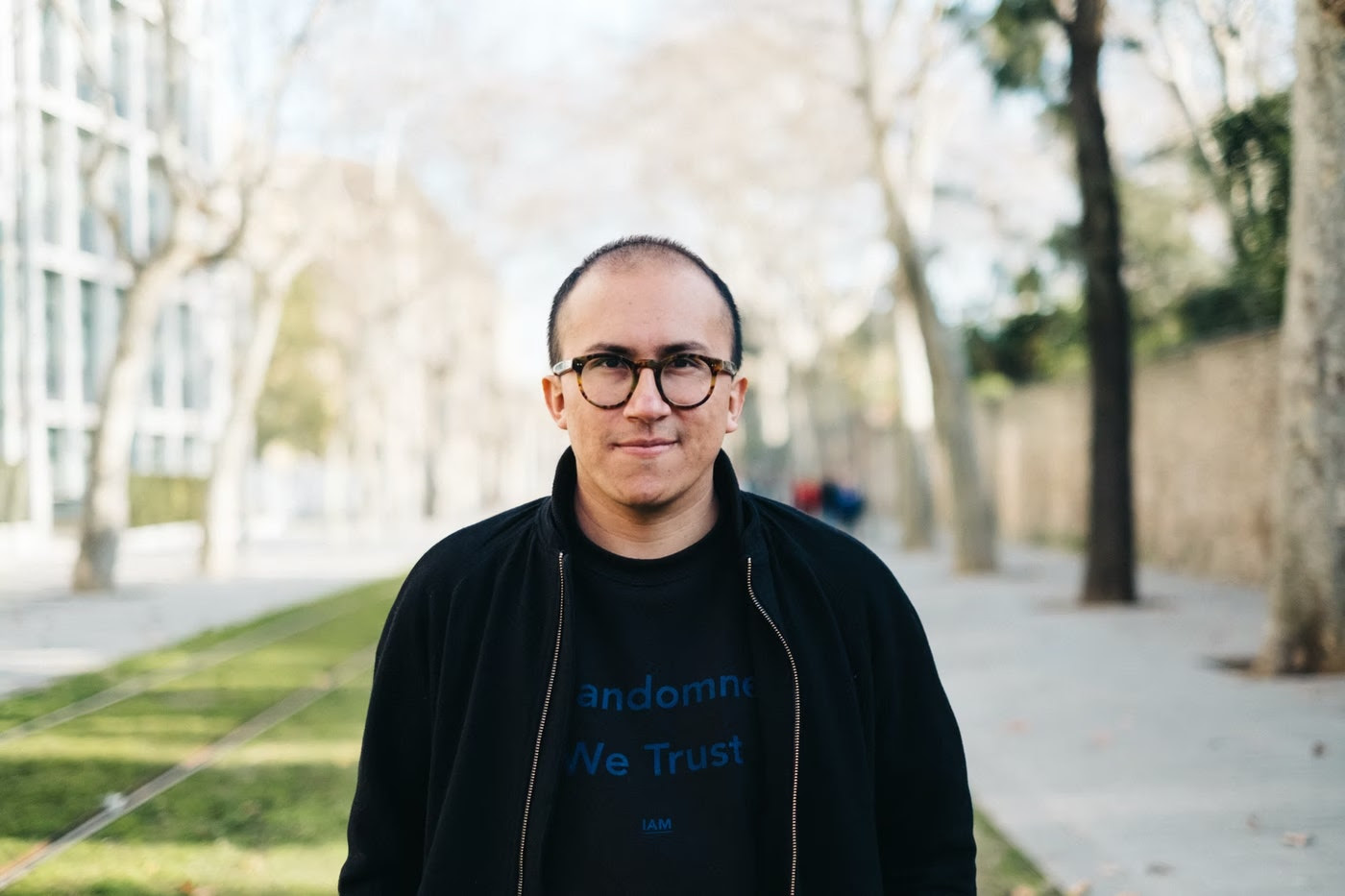Syllabus⇝
Following a collective learning-by-doing approach, the students will explore, discuss, reflect, ideate and exchange perspectives, questions and thought experiments, while exercising their collective imaginations with long-term, critical and planetary mindsets to navigate the complexity, scale and speed of change of the multidimensional implications that the digital economy has in the environmental emergency.
Keywords: Critical, degrowth, plurality
Learning Objectives⇝
- Develop skills to work effectively as a member of groups and networks of people with different levels of expertise, cultural and professional backgrounds.
- Empower students to align their individual and collective learning experience with the cultural, ecological and societal transformations shaping this decade.
- Develop a critical understanding of the socio-economic, socio-technical, and eco-sociological aspects of digital technologies, alongside the ethical, social, environmental and cultural implications emerging from their use at scale.
Methodological Strategies⇝
- Lectures
- Group discussions
- Collective decision-making and making
- Field trip
Schedule⇝
The course will follow a week-long, in-person studio format, divided in 4 sessions. Students will organize as one collective around a creative challenge and organize in interdependent smaller teams.
Session I: Introduction to the Designing in a State of Climate Emergency
Lecture + Group discussion + Positionality statement workshop
Session II: Discussing our relationship with time and growth
Debate on Degrowth + Guest lecturer: Gustavo Nogueira, Temporality Lab
Session III: Solar-centered designing
Field trip focused on sentipensar + alternative knowledge exploration in groups
Session IV: Remembering Futures
Workshop on visual storytelling + collective reflection
Deliverables⇝
- Digital postcards/posters and proto-videos
- Reflection essays
Grading Method⇝
| Percentage | Description |
|---|---|
| 50% | Self-assessment of individual engagement |
| 50% | Self-assessment of collective learning |
European Credit Transfer and Accumulation System (ECTS)
2 ECTS
Additional Resources⇝
Related articles and essays:
- The Everything Manifesto
- Solar-Centered Designing: an eccentric proposal for Branch Magazine
- ‘Provisions - Observing & Archiving COVID-19’ by Site Magazine
- Imagining Intercitizenships
- ‘A question of tech’ by Gauthier Roussilhe
- Emergency on Planet Earth by Extinction Rebellion
Recommended publications and books:
- Logic Magazine
- Branch Magazine
- 'Down to Earth: Politics in the New Climatic Regime' by Bruno LaTour
- ‘Poetics of Relation’ by Édouard Glissant
- ‘The Mushroom at the End of the World: On the Possibility of Life in Capitalist Ruins’ by Anna Lowenhaupt Tsing
- ‘Blockchain Chicken Farm’ by Xiaowei Wang
- ‘Critical Hope’ by Dr. Kari Grain
- ‘Braiding Sweetgrass: Indigenous Wisdom, Scientific Knowledge and the Teachings of - Plants’ by Robin Wall Kimmerer
- ‘The Future Is Degrowth A Guide to a World beyond Capitalism’ by Matthias Schmelzer, Aaron Vansintjan, and Andrea Vetter
- ‘Design Justice’ by Sasha Costanza-Chock
- ‘Designs for the Pluriverse: Radical Interdependence, Autonomy, and the Making of Worlds’ by Arturo Escobar
- ‘Black Quantum Futurism Theory & Practice, Volume I’ by Rasheedah Phillips
- ‘Beyond Nature and Culture’ by Philippe Descola
- ‘Stories of your Life and Others’ by Ted Chiang
- ‘The Shock of the Old: Technology and Global History Since 1900’ by David Edgerton
Faculty⇝
Andres Colmenares (CO/ES) is the co-founder of IAM, the creative research and strategic design lab helping citizens and organisations make responsible decisions by using futures as tools to anticipate challenges and opportunities, while exploring the socio-ecological impacts of digital technologies and the internet(s) through collective learning initiatives, partnerships and commissioned projects. He is also strategic advisor for WeTransfer’s Supporting Act Foundation, director of the Master in Design for Responsible Artificial Intelligence systems at ELISAVA and faculty member of the Master in City & Technology at IAAC.

